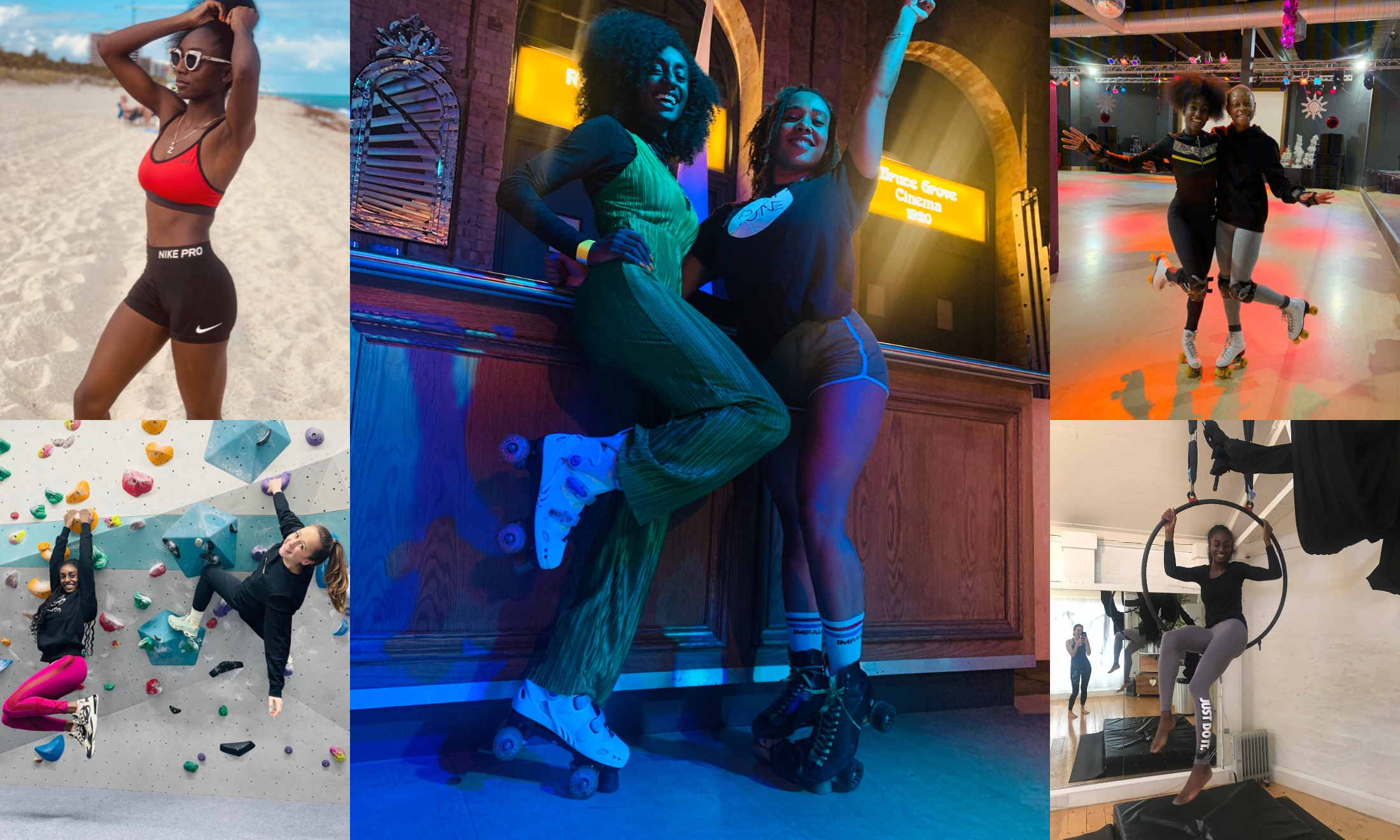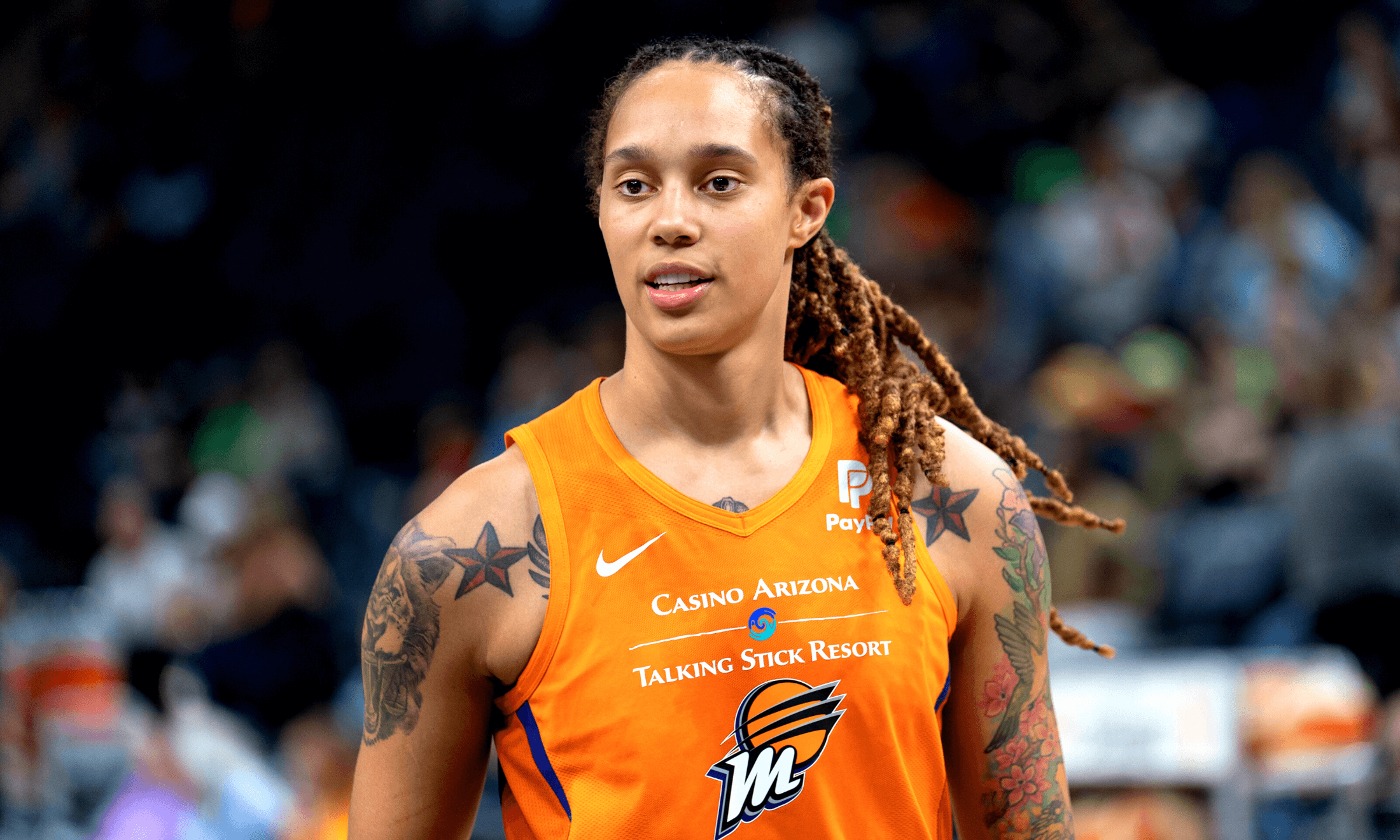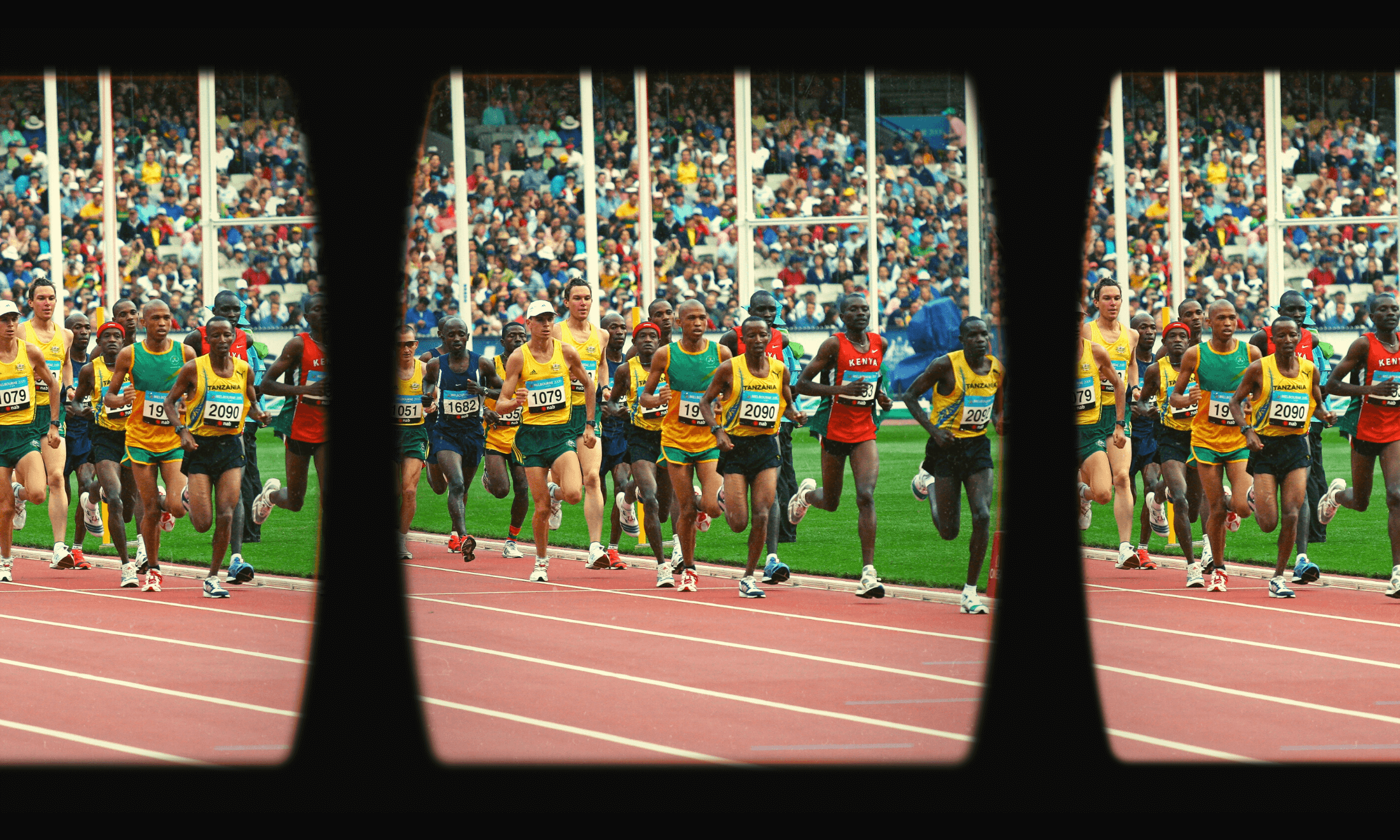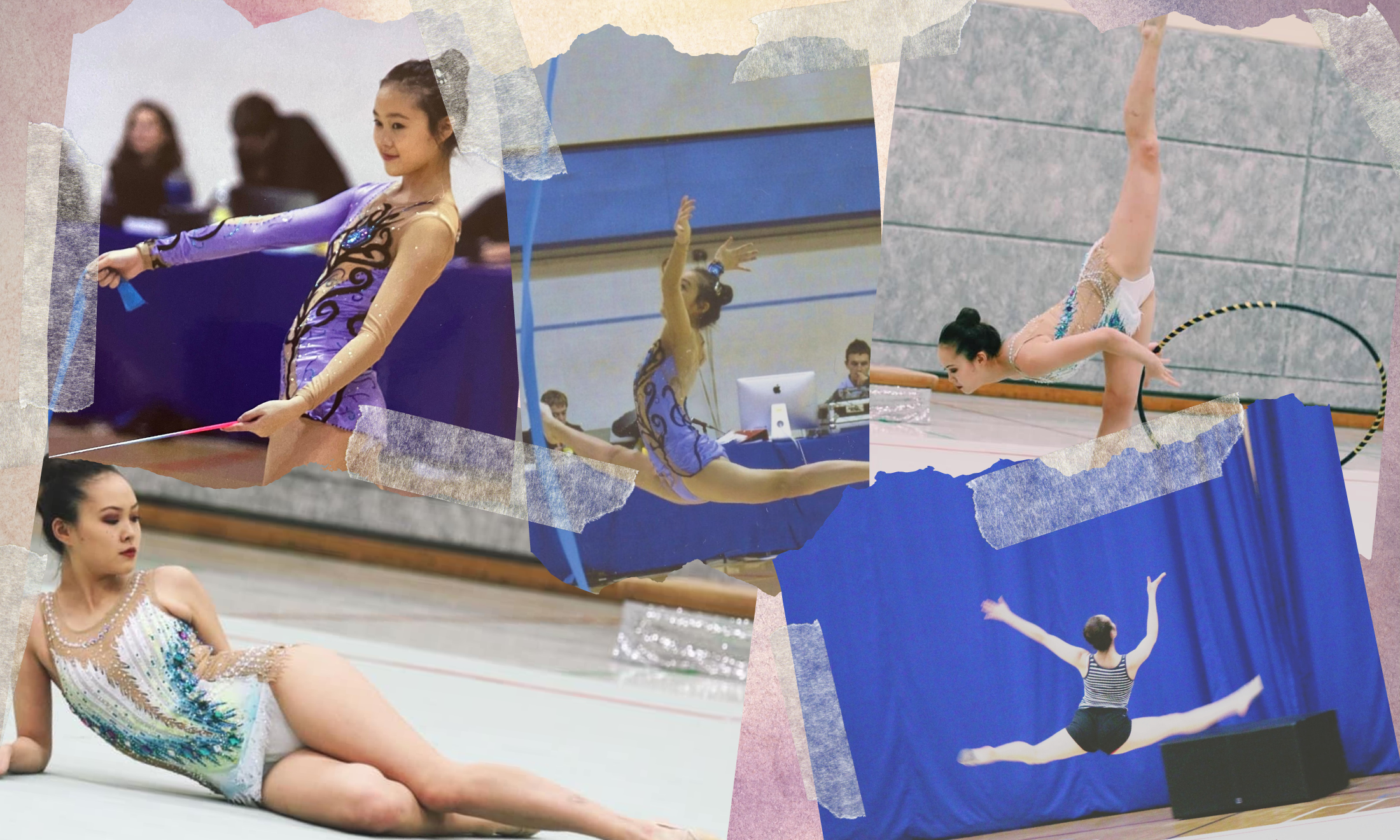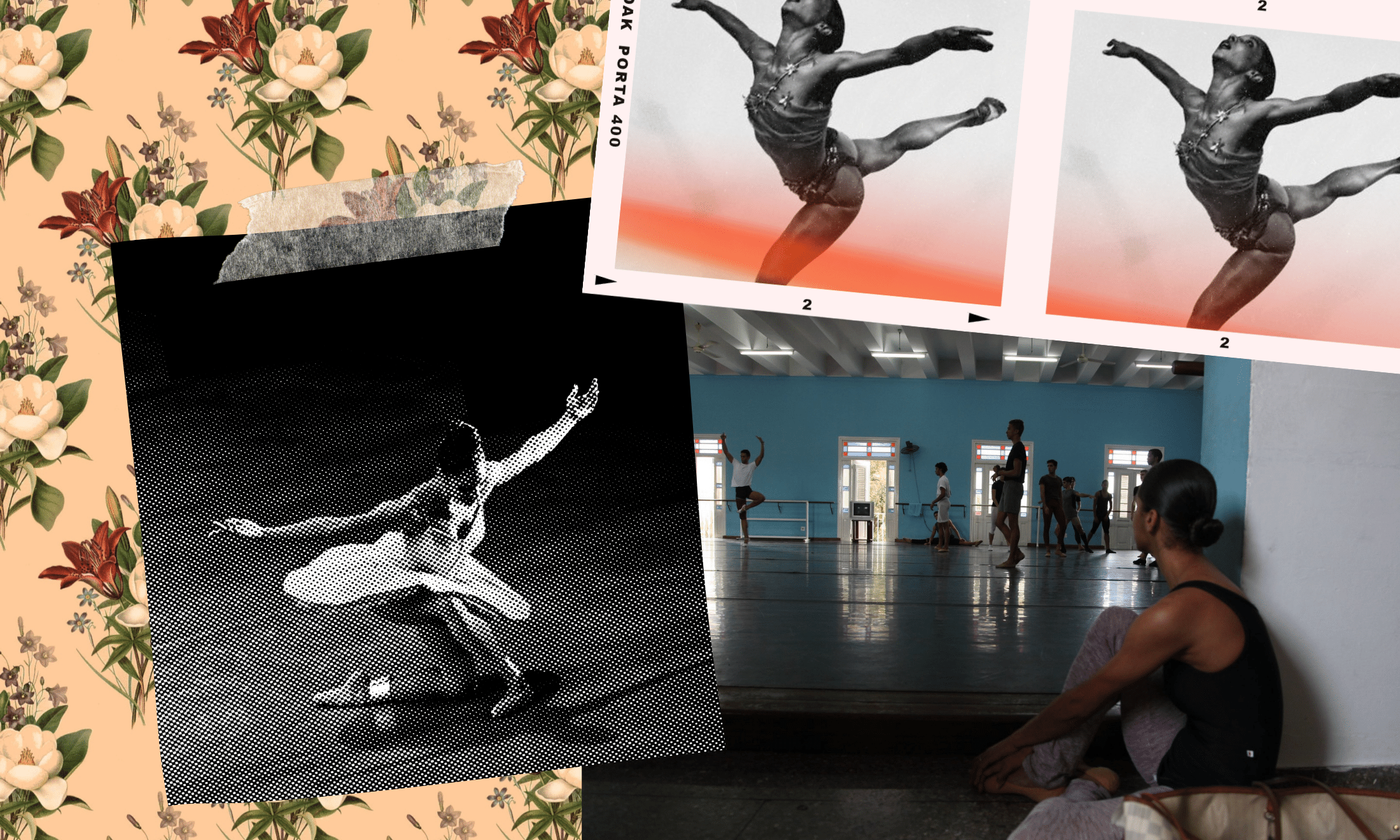
Is it possible to be a superstar netballer? Sasha Corbin thinks so
Netball star Sasha Corbin on new-found fame, the Netball World Cup and uplifting communities through sport.
Natalie Morris
22 Aug 2019
Netball stars rarely become household names, but Sasha Corbin has to be as close to superstardom as the sport gets.
It’s not surprising that she’s a firm fan fave. The 31-year-old is the personification of likeable, she’s fizzing with infectious energy and her athletic prowess makes her one of the most watchable players in the game.
Netball is the UK’s biggest participation sport for women – 130,700 people joined a team in the immediate aftermath of England’s Commonwealth Games gold last year. As netball has grown, so has Sasha’s profile and, despite being omitted from England’s Netball World Cup squad this summer, the centre-court player still found herself mobbed by fans throughout the competition. It is something she is still getting used to.
“It felt like a whole new world,” explains Sasha as we sit outside Costa, just minutes from her home in Tottenham, cradling chai lattes. The sky looks threatening and Sasha positions herself near the door of the cafe, ready to spring to safety if it rains.
“To be recognised by fans everywhere I went – that’s something that has never happened before,” she says. An avalanche of selfie-hunters made it near-impossible to get more than 10-feet from the stadium without being stopped, but Sasha embraced it. It’s not in her nature to say no to a fan.
“It was like we were celebrities. It felt wicked – that’s the truth,” she grins at the memory. “And that was everyone. Every single player or ex-player at the world cup – we were all treated like stars. It was mad.”
Sasha doesn’t do average, and that doesn’t just apply to the results of her endeavours, it’s largely about her attitude in how she approaches her craft. She is one of those uniquely infuriating individuals who excel at everything they try. As a teenager, Sasha juggled athletics and gymnastics – both at an elite, national-level – alongside her netball. But when she finally had to choose, there was something irresistible about the dynamics and inherent sisterhood of team sport.
“Winning as a team is incomparable,” says Sasha. “You can all go mad together! I feel like there has to be this humble side to winning by yourself, you can’t be too big-headed. But with your team, you can really just… rah! We let it all out and go really big.”
Sasha was part of the first England team to win a test against world #1s Australia in 2013. To celebrate, Sasha and her younger sister, then England teammate, Kadeen, backflipped down the court. But, six years on, the Corbin sisters are no longer staples in the England squad. It has been a difficult transition, but, ever-resourceful, Sasha has used the booming profile of the sport to create new, unexpected ways to develop her career.
Media coverage at the world cup was unprecedented. Sasha co-hosted a weekly BBC 5 Live podcast and made her punditry debut on the BBC. Not being on the court for critical games was heart-wrenching, but for Sasha, the impact of hosting this global competition on home soil is much bigger than personal disappointment.
“Filling out stadiums every game was a win in itself. England might not have won, but netball won”
“What happened at the world cup was about building a legacy,” she says firmly. “The girls will have been really disappointed with coming third, but in the past when we have been in similar situations, we have crumbled. We didn’t do that this time.”
The bronze medal play-off match against South Africa had the energy of a final. “At that point, the gold medal no longer mattered in a way,” says Sasha. “Filling out stadiums every game was a win in itself. England might not have won, but netball won.”
Sasha wants to build on this momentum to inspire the next generation and create visible role models. Growing up in Tottenham, she saw how deprivation can disrupt the lives of young people, leading them to crime or simply hanging out in unsafe spaces. She’s also seen how sport can be a way out. Yet black and Asian women are still the least likely groups to take part in sport. Sasha wants netball to be more accessible in minority ethnic and underprivileged communities.
“We need to make sure grassroots netball is visible in deprived areas. Areas that don’t have access to more elite, exclusive sports,” she says. She’s talking about sports like hockey, tennis and swimming that require expensive equipment, specialist surfaces or specific venues. All you need for netball is a post, a ball and some concrete. Sasha knows it only takes one person to fall in love with the game and spread that enthusiasm to the people around them.
“The positive impact of accessible community schemes could be enormous,” she explains. “For people who feel like they don’t have a purpose, netball can provide a sense of family.”
“I don’t regret one part of my journey. Even injuries and de-selections, every single part of that has made me who I am”
For athletes, career highs and lows can be extreme. True to this, Sasha has endured a snapped Achilles, a torn ACL, multiple surgeries, long periods of painful recovery – and still she pushes to get back on the court. Beyond the physical pain of injuries is the mental anguish of not making a team – but her remarkable ability to maintain an unwavering positive attitude sets her apart.
“I don’t regret one part of my journey,” she says defiantly. “Even injuries and de-selections, every single part of that has made me who I am.”
She ducks into Costa to grab another coffee – this time to-go. She’s about to rush off to Brixton for a session with a local team ahead of a community tournament. No doubt everyone will be clamouring for a selfie with their celebrity coach. Netball is at a pivotal moment of growth and it is players like Sasha who have the power to cement the game in the public consciousness. That boundless positivity can’t help but inspire.
“My belief in myself keeps me going. I have always believed that I was good enough,” says Sasha. “The people around me have had that belief in me too – family, friends, coaches – they are always in my corner, pushing me to keep going.”

